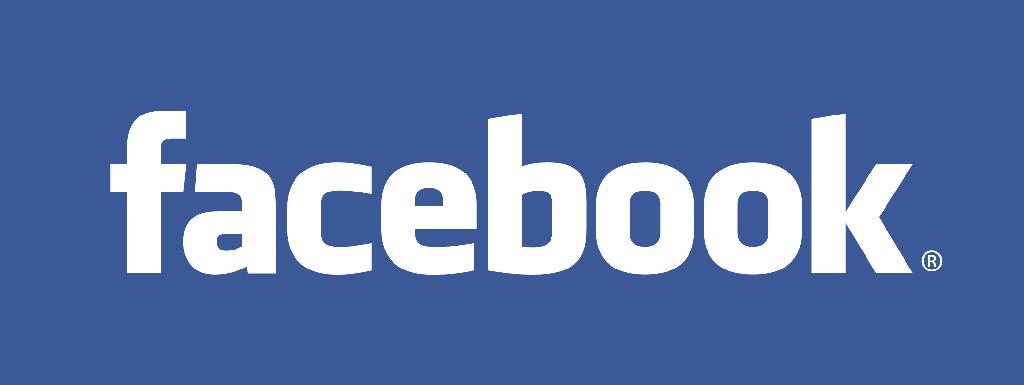
The development of internet based social and professional network sites in the learning and use of the different Celtic languages has untapped potential, but this is slowly changing as more
The development of internet based social and professional network sites in the learning and use of the different Celtic languages has untapped potential, but this is slowly changing as more sites provide a Celtic language option.
Currently the most popular social and professional networking sites on the internet, like Facebook, Myspace and Linkedin, can be used in many of the world\'s main languages like, English, French and Spanish. However work is underway to translate sites into some of the Celtic languages. \'Facebook\', one of the most popular social networking sites in the world, is currently being translated into Irish Gaelic and should be available in the next few months, while translations are also being made of the site into the Welsh and Breton languages.
The \'translation\' of the Facebook site means that phrases like \'tag\', \'poke\' and \'profile\', will be translated into the target language, in addition to the 20 000 plus other phrases and words that are regularly used by members. It is then up to the site user (or member) to use whatever language for communication purposes. This means for example that if you choose to use Irish Gaelic exclusively and all of your contacts (or \'Friends\') on the site choose to do the same, then in theory, all the language seen on the site (except for some adverts) could be in Gaelic.
This has important implications for the development of the Celtic languages, not only for learners and users of theses languages, but also for the languages themselves. Words and phrases, such as \'poke, \'pizza topping\' and \'open relationship\' may not be readily familiar to even fluent users of some of the Celtic languages; but to frequent users of the Irish Gaelic language version of \'Facebook\' when it is launched, such phrases and words will become well known. This will in turn - and in time - develop new uses and meanings for the phrases and words in these languages and in some cases will mean new additional vocabulary.
In Scotland internet based social networking in the Celtic languages has reached another level with the Bòrd na Gaidhlig (Gaelic Language Board) agreeing to fund the creation of a new Scottish Gaelic social networking site (www.mygaelic.com). The new site, which developers hope to launch by the end of January 2009, aims \"to raise awareness about Gaelic\" according to Rosemary Ward, acting CEO for Bòrd na Gaidhlig.
In addition to being able to create their own profile in Gaelic, new users of mygaelic.com will also be able to chat with one, while at the same time learn about Scotland\'s culture and even where and when Gaelic language classes are being held. The \'mygaelic\' site will also be instantly translatable at a click of a button into English, for the benefit of learners.
With so many people today using social and professional internet based networking sites there is huge potential in them for the development of lesser used languages, like the Celtic languages. Some lesser used languages, like Catalan, are currently leading the way in adapting the internet to their own language needs and even have their own top level domain suffice (.CAT) and have already translated the Facebook site into Catalan. The Celtic League looks forward to the increased use of the Celtic languages on all popular internet social and professional networking sites in the future, which we recognise is not only good for the learner, but also the language too.
(Article compiled for Celtic News by Rhisiart Tal-e-bot, Celtic League General Secretary)
J B Moffatt Director of Information Celtic League 12/01/09

Commentaires (0)
Aucun commentaire pour le moment. Soyez le premier à réagir !